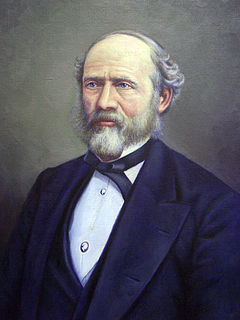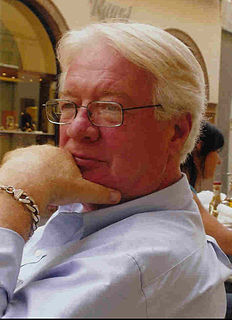A Quote by Zygmunt Bauman
Our vulnerability [to ressentiment] is unavoidable (and probably incurable) in a kind of society in which relative equality of political and other rights and formally acknowledged social equality go hand in hand with enormous differences in genuine power, possessions and education; a society in which everyone "has the right" to consider himself equal to everybody else, while in fact being unequal to them.
Quote Topics
Acknowledged
Being
Consider
Differences
Education
Else
Enormous
Equal
Equality
Everybody
Everybody Else
Everyone
Fact
Genuine
Go
Hand
Hand In Hand
Himself
In Fact
Incurable
Kind
Other
Our
Political
Possessions
Power
Relative
Right
Rights
Social
Social Equality
Society
Them
Unavoidable
Unequal
Vulnerability
Which
While
Related Quotes
[T]here are, at bottom, basically two ways to order social affairs, Coercively, through the mechanisms of the state - what we can call political society. And voluntarily, through the private interaction of individuals and associations - what we can call civil society. ... In a civil society, you make the decision. In a political society, someone else does. ... Civil society is based on reason, eloquence, and persuasion, which is to say voluntarism. Political society, on the other hand, is based on force.
A society that puts equality - in the sense of equality of outcome - ahead of freedom will end up with neither equality or freedom. The use of force to achieve equality will destroy freedom. On the other hand, a society that puts freedom first will, as a happy by-product, end up with both greater freedom and greater equality. Freedom means diversity but also mobility. It preserves the opportunity for today's less well off to become tomorrow's rich, and in the process, enables almost everyone, from top to bottom, to enjoy a richer and fuller life.
But, historians, and even common sense, may inform us, that, however specious these ideas of perfect equality may seem, they are really, at bottom, impracticable; and were they not so, would be extremely pernicious to human society. Render possessions ever so equal, men's different degrees of art, care, and industry will immediately break that equality. Or if you check these virtues, you reduce society to the most extreme indigence; and instead of preventing want and beggary in a few, render it unavoidable to the whole community.
The dissolution of society bids fair to become the termination of a career of which property is the end and aim, because such a career contains the elements of self-destruction. Democracy in government, brotherhood in society, equality in rights and privileges, and universal education, foreshadow the next higher plane of society to which experience, intelligence and knowledge are steadily tending.
I always go with the dictionary definition of feminism, which is just social, political and economic equality for women. And that's kind of a strategic thing on my part, because I think that it's the hardest definition to argue with. You know, who doesn't want that? Everyone wants equality for women.
The doctrine of equality! ... But there is no more venomous poison in existence: for it appears to be preached by justice itself, when it is actually the end of justice ... "Equality to the equal; inequality to the unequal" that would be true justice speaking: and its corollary, "never make the unequal equal".
Love will never be anywhere except where equality and unity are..... And there can be no love where love does not find equality or is not busy creating equality. Nor is there any pleasure without equality. Practice equality in human society. Learn to love, esteem, consider all people like yourself. What happens to another, be it bad or good, pain or joy, ought to be as if it happened to you.
The equal right of all citizens to health, education, work, food, security, culture, science, and wellbeing - that is, the same rights we proclaimed when we began our struggle, in addition to those which emerge from our dreams of justice and equality for all inhabitants of our world - is what I wish for all.
If welfare and equality are to be primary aims of law, some people must necessarily possess a greater power of coercion in order to force redistribution of material goods. Political power alone should be equal among human beings; yet striving for other kinds of equality absolutely requires political inequality.




































